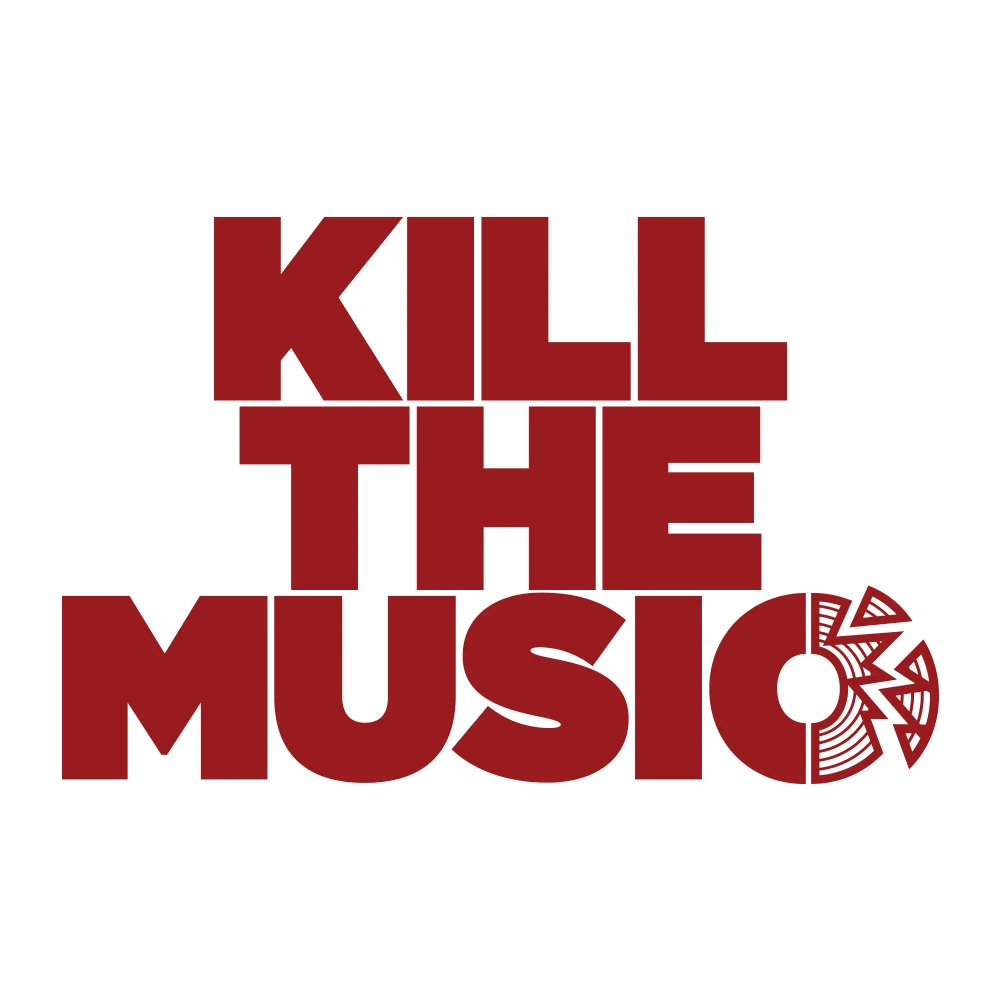The world of music is incredibly diverse and rich, offering an array of genres, traditions, and cultural influences. At first view, it can seem unclear. Fortunately, there are online tools that can assist you in finding rock music essay topics, buy a thesis, or helping you meet professional authors with experience to assist with home tasks. In our article, we will help you to learn how to write a fantastic essay.
1. Choose a Captivating Topic
Imagine conversing with someone about a topic you are not interested in. What is your feeling? Do you like it? We are sure that you catch what we want to say. It shows the importance of choosing a topic that resonates with you personally. This example contributes to the ongoing conversation within the field of music.
It allows you to explore issues, trends, or contemporary or historical questions, making your essay more significant. It would be best if you had some reflection about the genres, artists, time periods, or musical phenomena that fascinate you the most.
2. Importance of Researching
Thorough research is where you gather essential information and develop a deeper understanding of the context surrounding your chosen music topic. For instance, if you're exploring the evolution of jazz music in the early 20th century, thorough research will reveal how societal changes, migration patterns, and the fusion of musical styles contributed to this transformation. Without this context, your essay might lack depth and fail to convey the full significance of the subject.
3. The Role of a Clear Thesis Statement
Music is a broad field. Your thesis should make a specific claim or argument about your chosen aspect. What do you want to convey or prove in your essay? What insight do you like to share with your readers? Here is an important "so what?" factor: ask yourself why your argument matters. How does it contribute to the broader understanding of music, culture, or society? All your ideas or thoughts may be debatable, inviting discussion and analysis.
4. Benefits of Outlining
An outline acts as a roadmap for your essay. On the one hand, it helps you arrange your thoughts logically, ensuring that your essay flows smoothly from one point to another. On the other hand, it enables you to work more efficiently.
For example, you can start with background information, then talk about some historical context, add musical analysis, season all with cultural aspects, and dilute everything by personal interpretation. You can also ask for professional help with an outline, and this Essayshark review could be useful to read. Remember to summarize key points, and the ideal essay is ready.
5. Effective Introduction
It serves as the essay's first impression. It offers context about the topic, allowing readers to understand the significance of the subject matter and its relevance in the broader musical landscape. A good idea is to start with some interesting story related to the topic. Use vivid descriptions that can paint some pictures in the mind. Descriptive imagery can evoke emotions and create a sensory experience for the reader.
6. Using Musical Examples
They can help clarify complex concepts and ensure understanding of your arguments. Music is an auditory art form, and by including musical examples, you engage your readers' sense of hearing. This sensory engagement can make your essay more compelling and memorable.
For example, consider including excerpts from the sheet music if you're discussing a specific piece of music. This can be particularly useful when analyzing musical elements like melody, harmony, or rhythm.
7. Analyze Musical Techniques
If it fits your essay topic, you can analyze musical elements such as melody, harmony, rhythm, and instrumentation. At first, you can identify melody's key characteristics and note its pitch or rhythm. The next step is to examine the chords and harmonic progressions used in the music. Pay attention to how harmony contributes to the emotional impact of the piece.
8. Importance of Summarizing
In the concluding section, your primary goal is to recapitulate the main points and arguments presented throughout the essay. Show how your various opinions and points are interconnected. Emphasize any patterns or themes that emerged throughout your essay, demonstrating the cohesion of your analysis. Add a powerful insight that can be a new perspective, a broader question, or a call to action.
9. Proofreading and Editing
After you've written your essay, take a step back and read it critically. If any sentences or paragraphs are confusing or convoluted, rephrase them to make your points more transparent. Utilize grammar and spell-checking software like Grammarly or Microsoft Word's built-in proofreading tools. Carefully review your essay for grammatical mistakes, such as subject-verb agreement, punctuation, and sentence structure issues.
10. Avoid Plagiarism
Plagiarism, the act of using someone else's work without proper attribution, is a grave academic offense. It can lead to severe consequences. The first method to avoid it is to use special online tools to check your text. The next one is citing your sources correctly.
For example, if you're referencing a specific musical composition from sheet music, include the composer's name, the title of the composition, the date of the composition, the publisher, and the page number.

